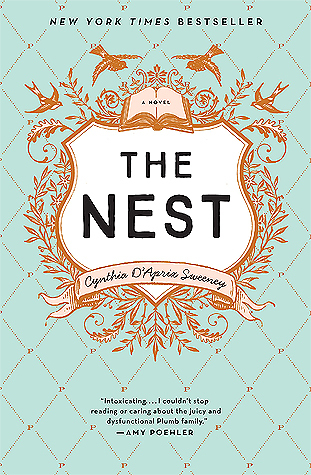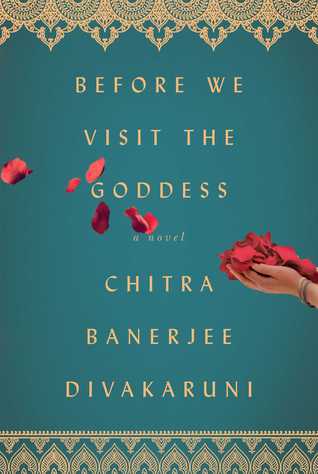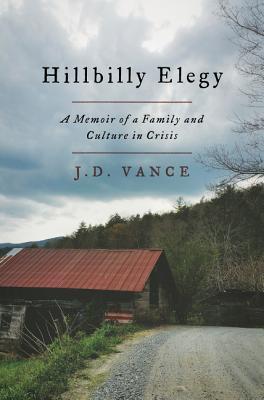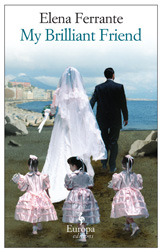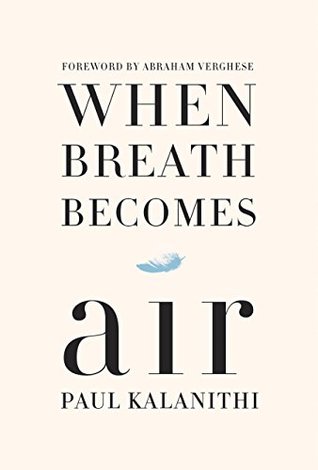Why stop? (And why not?):
- Because I don't want to lose friendships with people who feel differently than me. This is the most compelling. Maintaining friendships is way more important to me than the ability to post about political things on Facebook. However -- assuming you use some moderation in both amount and tone of political posting - I have to believe that most real life friendships aren't going to end based on a Facebook posting. If people are willing to end a friendship based on politics (and here I'm talking about ending a real life friendship, not just blocking or unfriending a person on social media), then that person feels differently about the idea that friendship is more important than politics, and that friendship was in danger with or without political posting. I haven't actually lost any friendships yet, and I definitely have friends and family with different political positions than me.
- Because it feels like it doesn't make a difference - no one changes their mind based on a Facebook post. I think this is often, but not always, true. If people see a flood of posts on the same topic, it might lead them to consider the issue more closely. If people see that a news story connects to a friend's life personally, it might cause them to think about it in a different way.
- Because it discourages other, "real" kinds of activism. There are all kinds of things, good and bad, that discourage me from engaging in more political activism, but I have never once thought "well I posted on Facebook, so I've done my civic duty". If anything, it's the opposite - if I'm going to portray to my whole friends list that this issue is important to me, then I better find a real world way to back up this bluster with action.
- Because this is not what Facebook is for. Facebook is for whatever users make it to be, and it's evolving all the time. Someday, historians will be able to look at the contents of Facebook and get a good composite picture of what was important to us as a society (and also, how we wanted to be seen by others). Right now, politics is important to a lot of people, and I think it's perfectly appropriate to post about what's important to you. For those users who don't want their Newsfeed to be full of political posts, there are lots of options to filter / block / unfollow people and pages who are too political for their taste.
So I plan to keep posting political stuff. I'm still using mega filtering of all the things it occurs to me to post about politics. As a friend put it this week, trying to reflect before I react.
Here are my rules. I post on --
1. Things that directly affect my family (such as Affordable Care Act and special education).
2. Things that are pressing on my conscience (such as the travel ban and the abortion blog).
3. Things that are useful in helping people take a position or take direct action (ie phone numbers to politicians who will be voting on a matter soon)
I will try to avoid these kind of political posts (often i fail - please call me out if i do):
1. Things that are judgmental towards voters - the reasons people vote the way they do are complex and neither party's positions are going to be a perfect match to any voter in a two party system. Especially in this last election, which had two really flawed candidates.
2. Things that mock politicians rather than focusing on the policy or action that is objectionable. For example, describing Donald Trump as tiny hands or orange or anything like that. (But not including things that relate job performance, such as clear instances of lying.)
3. Things I haven't read up on and fact checked at least a little bit.
4. Things I don't intend to take some other kind of action on, such as a phone call to my legislator. If it's not worth a phone call, it's not worth annoying my whole friends list. (I've failed on this a number of times, but I'm going to try to make this my policy going forward. Even though one of my Senators has a voicemail box that is perpetually full.)
What do you all think about politics and Facebook? How do you decide what to post and what not to post?















